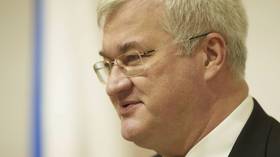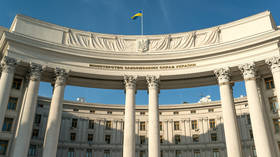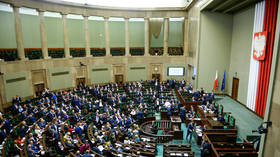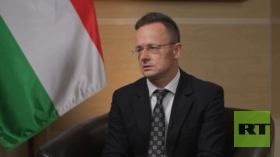Europeans shun militarization & see terrorism, not Russia as biggest threat – Pew poll
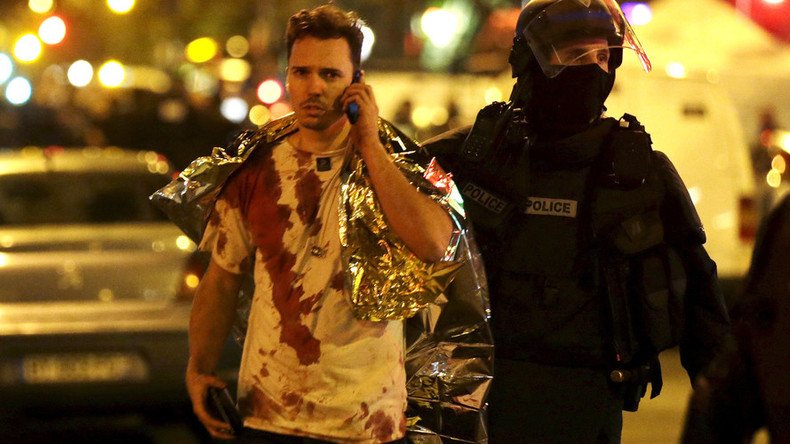
Europeans are weary of hard power and are reluctant to boost defense spending despite the commitment to do so by their governments, a Pew poll has shown. Tensions with Russia are seen as a minor threat compared to international terrorism and economic instability.
Deterring an “aggressive Russia” with an increased military presence in Europe is the stated goal of NATO since 2014, but public opinion in Europe doesn’t seem to buy the plan. According to the Pew Research Center’s Spring 2016 Global Attitudes Survey, people in Europe don’t see Russia as a major threat and don’t see hard power as a viable solution not only for tensions with Moscow, but even for international terrorism, a threat they consider the biggest for Europe.
Poland is the only one of the 10 countries surveyed that sees tensions with Russia as a major problem. There, 71 percent of people agreed with the statement, a far greater percentage compared to other nations surveyed. Throughout Europe, 34 percent see Russia as a major threat, the poll has shown.
Interestingly, Poles are divided over whether their government should take a tougher stance on Russia or favor stronger economic ties with it. People in most countries surveyed agreed with the latter option. Sweden was the only country that definitely favors a confrontational approach, with 71 percent approving it compared to 26 percent seeking reconciliation. Germans, Italians, Hungarians and overwhelmingly Greeks want to trade, rather than quarrel with Moscow. The average is 43 percent for reconciliation vs 48 percent for confrontation with Moscow.
The biggest threat Europeans identified is the terrorist group Islamic State, which 76 percent called a major problem. Terrorism is followed by global climate change and global economic instability, which 66 percent and 60 percent of Europeans called major threats, respectively. Almost half of the people polled (49 percent) feel threatened by the large number of refugees arriving in Europe.
The urge to boost military spending is shared by the Poles and the Dutch, where 52 percent and 49 percent of the people want to spend more on defense, respectively. Sweden and the UK are split between putting more money into army coffers and keeping spending at current levels. In all other countries polled, including Germany and France, a majority of people want to keep things as they are. In Spain, one-third of the people want to cut the defense budget.
Europeans are divided over whether military power is being used properly against terrorism. In six of the 10 nations, including European heavyweights the UK, Germany and France, people said the EU relied too much on military force. Just over half of the Poles, Italians and Hungarians said the military solution is the best against terrorism.
A majority of 54 percent of Europeans said their countries should focus on domestic problems, compared to 40 percent who said they should help other countries deal with theirs. Overwhelmingly (74 percent), they support a greater role for the EU in world affairs.







